Equality, equity, justice -- these ideas form the American creed. No, we have never lived up to it, but we’ve never stopped trying. This is especially true when it comes to our criminal justice system. Today, too many people are incarcerated in the United States -- and too many of them are black and brown. To build safe and healthy communities, we need to rethink who we’re sending to jail, how we treat those in jail, and how we help them get the healthcare, education, jobs, and housing they need to successfully rejoin society after they serve their time. Recently elected President Joe Biden aims to strengthen America’s commitment to justice and to reform our criminal justice system. This is something many will be waiting to see.
Coming off a presidential campaign revived by the support of Black voters in a year marked by national protests against racial injustice and police brutality, President Biden is expected to address systemic racism and discrimination that persists in the criminal justice system.
However, his potential influence on the high incarceration rates in state and local prisons or jails will be more limited. He has pledged to end mandatory minimum sentences, a particular sore point for the President who championed legislation in the 1990s that drove the use of mandatory minimums and other punitive measures. At the federal level, his Justice Department is expected to reinstate guidance to end the use of private prison contractors.
But funding goals aimed at reform will be an uphill battle for Biden’s administration. His campaign platform proposed a $20-billion grant to incentivize states to reduce prison population numbers as well as provide funding for mental health and substance abuse services. The success of those will depend on Congressional support for his agenda. Congress will also determine how the Justice Department’s Civil Rights Division can enforce voting rights as Republicans prepare to lead 2021 redistricting for a majority of Congressional districts.
Today we will discuss what does the inauguration of President Biden mean for criminal legal reform? Our guest is Insha Rahman, Vice President of Policy at The Vera Institute of Justice, an independent nonprofit which tackles the causes and consequences of mass incarceration, racial disparities, and the loss of public trust in law enforcement.


